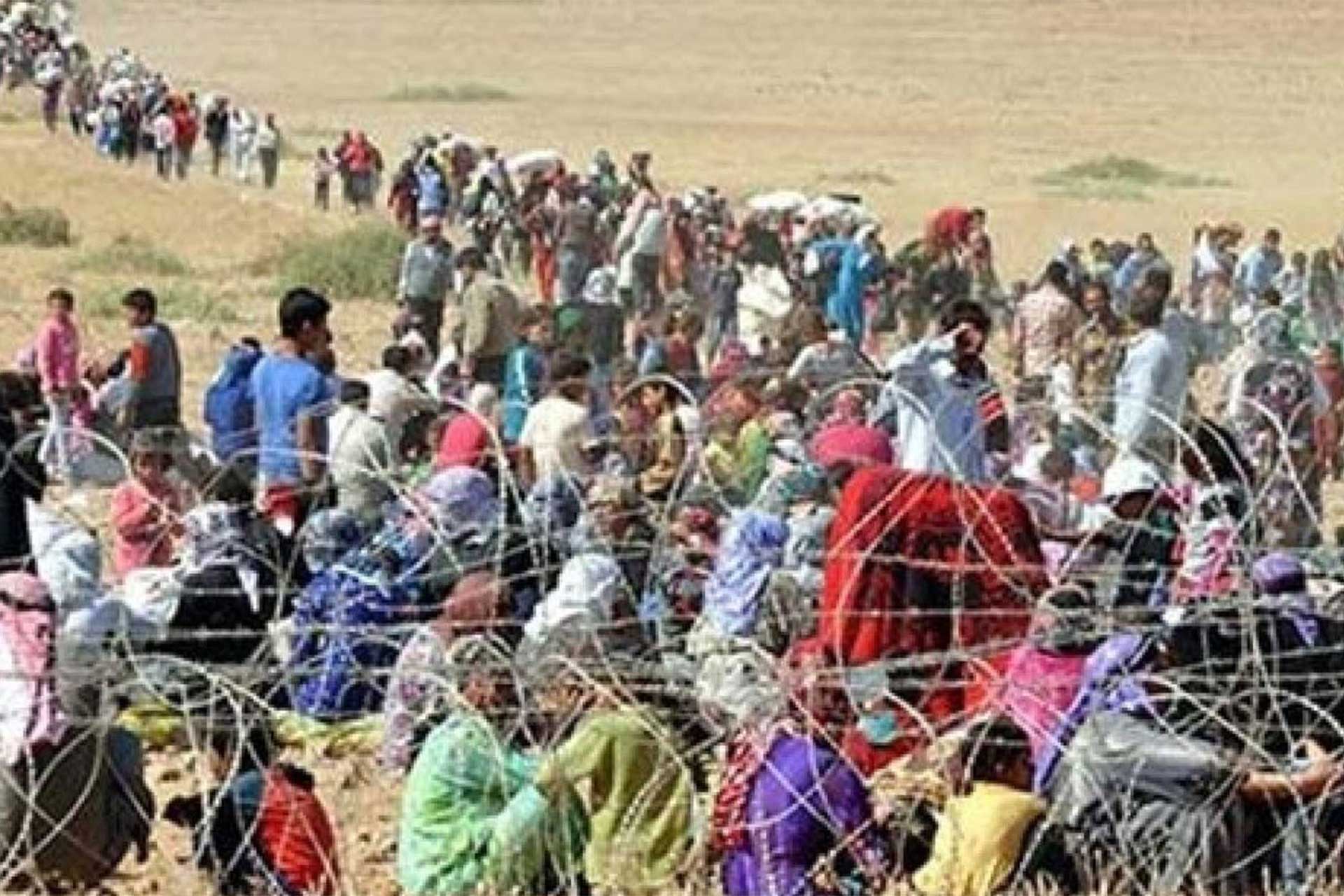Economic Inclusion of Syrian Refugees in Turkey: What are the Barriers?
Since 2011, the influx of Syrian refugees in Turkey has been at the top of the agenda of both governments and development partners. Indeed, the socio-economic integration of refugees, including self-employment, entrepreneurship and access to the labor market, remains one of the key concerns of the Turkish government and CSOs. In fact, Turkey plays an important economic and political role in the MENA region and its importance on the international scene is also linked to its integration with international institutions and organizations such as the UN, NATO, OECD, etc. On the other hand, Turkey is considered one of the main partners of the European Union due to its strong ties in border management, asylum and migration issues. Therefore, the issue of Syrian refugees has been the most discussed issue between Turkey and the EU since 2011.
To manage the mass influx of Syrians, NGOs have mobilized a large budget to support Syrian refugees and help them build a new life. The number of refugees living in camps is smaller than the number of “urban” refugees. Refugees in this category move to cities in the hope of finding a better life. However, most of them try to survive in difficult conditions in big cities and at the same time become invisible in the chaos of metropolises. As mentioned, Syrian refugees face various challenges, but the main challenge is to be employed. Their goal is to find a secure and stable job so that they can meet their basic needs such as education and access basic services such as healthcare. The increased demand for jobs in the labor market has automatically increased the number of illegal workers. Syrians tend to work in unskilled and illegal jobs due to the increased demand for unskilled labor.
Challenges to the economic integration of Syrian refugees
As Turkey has become the world’s largest refugee-hosting country, the cost, especially in the context of laissez-faire policy, is that it is expensive. This policy approach has received high criticism from Turkish citizens due to the competition between Turkish citizens and Syrian refugees in the labor market. But despite this, their situation in the labor market is not regulated and the whole process is complex. The Turkish government has addressed some policies to integrate Syrians under Temporary Protection since 2016. The first reform consists of work permits for Syrians under Temporary Protection. However, the process is slow and complex. The number of work permits issued to Syrians is very low compared to the number of refugees themselves. This creates a vicious circle in the labor market. Moreover, Syrians without work permits tend to work in unregistered jobs, which has devastating consequences for the social cohesion of Turkish society. Indeed, work permits remain the biggest challenge preventing Syrian refugees from entering the labor market.
In addition, the bureaucracy’s attitude remains the main roadblock for Syrians. For example, there are contradictions when opening bank accounts and obtaining residence permits.
Another barrier to the economic inclusion of Syrians is “language”, as most Syrian refugees speak Arabic and English. Turkish is the first language in Turkey. The language barrier plays an important role in limiting Syrians’ skills and increasing their likelihood of working in the informal sector.
How to address the economic integration of Syrian refugees in Turkey: Is entrepreneurship an option to improve the situation of Syrians?
As mentioned in the previous section, there has been an increase in work permit requests from Syrians. However, the bureaucracy complicates matters. To this end, the Turkish labor agency (İŞKUR) has started working on a comprehensive plan to identify the needs of sectors and map the vocational skills of Syrians across Turkey. Furthermore, one of the agency’s plans is to make vocational training affordable and accessible to refugees and integrate them into the labor market when the need is identified. Not to mention that Syrians are not homogeneous, some are entrepreneurs, some are high-skilled refugees, some are low-skilled refugees. Therefore, the programs set by the authorities should not only focus on the skills of the so-called ‘Syrian workforce’ and how they can fill the workforce. There are also Syrians with entrepreneurial potential according to the needs of the market and they should be encouraged to start their businesses and invest in Turkey. In addition, promoting entrepreneurship for refugees will strengthen their participation in the labor market. But in order to increase their participation in job creation, Syrians need to have easier access to financial services. Because as we mentioned, economic inclusion means not only access to the labor market, but also having the opportunity to benefit from all economic and financial services.
Given the challenges Syrian refugees face in the labor market, the establishment of businesses seems to be a reasonable option to secure suitable jobs for them. In addition, entrepreneurship is the best way to achieve full integration into the labor market, financial independence, Community empowerment and self-reliance. As we have already mentioned, refugees are often pushed into entrepreneurship by structural factors that hinder their integration into the labor market. These barriers can include lack of the right to work, language barriers, and lack of recognition of acquired qualifications and skills. As a result of these barriers, refugees and migrants often face higher rates of unemployment and underemployment or may be pushed into “dirty, dangerous and difficult” work or precarious work. All these barriers can lead to the perception of entrepreneurship as an alternative to employment strategy. But at the same time, entrepreneurship can also offer refugees an important tool to achieve financial security and self-sufficiency.
Hiba Bouazza
Master’s student (MSc)-Mohammed VI Polytechnic University




Comments